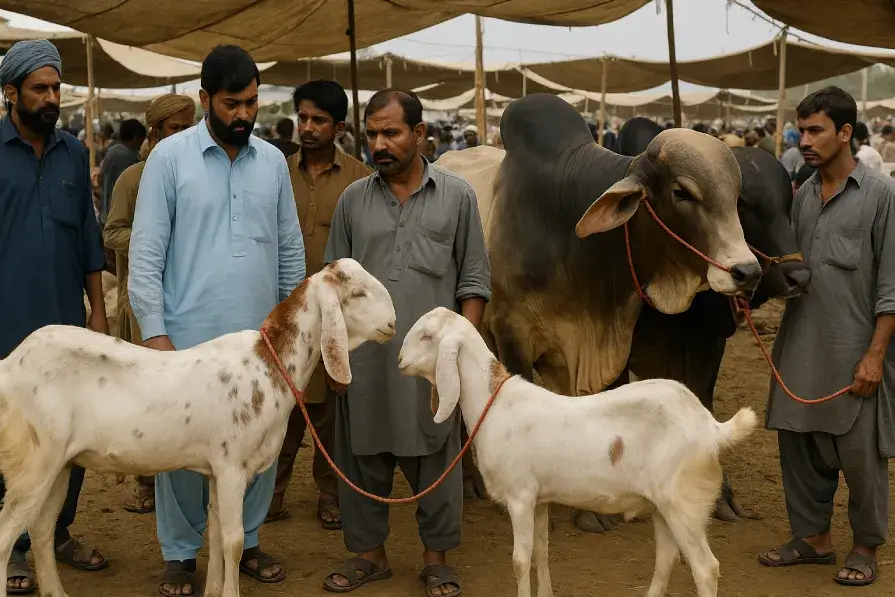India Blocks Chenab River Flow to Pakistan: Water Tensions Resurface

The operational flow of the Chenab River toward Pakistan decreased substantially when India managed water releases from the Baglihar Dam thus sparking fresh water disputes across South Asia. Paul and Simon Reynolds(Water Security: A Global Issue and a Local Imperative 279). Politicians have begun expressing worries this practice could also occur at the Kishanganga Dam as its operations modify Jhelum River stream rates into Pakistan.
The ongoing nuclear standoff between India and Pakistan has worsened because India managed to restrict water flow from the Chenab River via the Baglihar Dam control features. Both India and Pakistan have directed their attention to the Indus Waters Treaty (IWT) after events have highlighted its controversial nature together with new assessment of their diplomatic strategies.
What is the Indus Waters Treaty?
A pact known as the Indus Waters Treaty reached its signature in 1960 through World Bank assistance to become a historic bilateral arrangement between India and Pakistan. Six rivers divide their usage between the signing parties through this agreement.
India maintains full authority over the eastern river system consisting of Ravi and Beas and Sutlej.
Under this treaty Pakistan holds all usage rights to Indus and Jhelum and Chenab.
India holds the right to generate hydroelectric power from western rivers yet it should avoid both substantial flow modifications and substantial water storage activities. Current Chenab River water reduction levels have sparked concerns about potential breaches of the treaty policies.
Pakistan’s Strong Response
Indian control over Chenab River waters led Pakistan to present a more rigid position. The authorities implemented stronger border protocols while enhancing border trade surveillance while bringing up this issue internationally.
Pakistan’s Foreign Affairs Ministry denounces this action because it undermines both the regional peace and the foundational principles of the treaty. Authorities from Pakistan conduct a review of available choices which spans from international arbitration to legal proceedings.
Water as a National Security Concern
The defense of national security for Pakistan depends entirely on water access. The country depends severely on the Indus River system because it supplies water for agriculture and drinking needs and generates power. Water interruptions in rivers cause two main results for these three aspects:
The vast irrigated land areas receive water supply through efficient water distribution systems.
• Hydroelectric projects critical for power supply
• Livelihoods of farmers, particularly in Punjab and Sindh
Indian limitations in supplying water are assessed as both strategic challenges and technical problems by Pakistan.
India’s Perspective
The Indian government asserts its complete adherence to every requirement stated in the Indus Waters Treaty. The officials state that the water usage from both Baglihar and Kishanganga Dams obeys treaty rules that enable run-of-the-river projects.
Indian officials state that the Baglihar Dam serves double purposes for power generation along with flood control functions and it does not disrupt water supplies to Pakistan. The Pakistani government disputes the amount of water storage and dam purposes outlined by their Indian counterparts in seasonal irrigation areas.
Impact on Farmers and Economy
The Jhelum alongside Chenab river besides is also supporting all agricultural activities in Pakistan by supplying water. Any disruption affects:
The cultivation periods of wheat and rice and cotton happen to be one of the disturbances.
• Livestock health, due to water scarcity
• Rural economies, heavily dependent on farm productivity
Harsh climatic conditions effects on rainfalls, increase of water volatility make an intensified water crises in Pakistan where extra diminution occurs in river flow of up-stream sources. The consequences of the crisis would lead to a scarcity of food, trends of increased imports, and economic decline in areas affected.
Diplomatic Channels Still Open
Contrary to thair tens situation baith kintras are continuing thair diplomatic outreach thro’ official channels an’ informal lines o’ communication. Using the treaty at all so far, international institutions including the United Nations and the world Bank have been to both Pakistan and India to remain by the treaty terms.
Advocates of peace argue dialogue has to be the best way in addressing treaty discrepancies between countries. Decisions for the settlement of grievance available through Permanent Indus Commission and Neutral Expert review procedures.
Regional Peace at Stake
High tension levels have not prohibited both countries from maintaining diplomatic relations sending and receiving secret communications. UN and World Bank will want India and Pakistan to honour treaty and check escalation of situation.
The preferred way by peace activists is to talk and go with any potential treaty-related issues. The legal system has mechanisms to address complaints of disputes through Permanent Indus Commission meetings, in addition to the expertise of the evaluation session.
Long-Term Solutions Needed
African nations have not been unable to establish diplomatic liaison and back channel communication. The United Nations along with the World Bank demands that India and Pakistan stick to the treaty and do not allow any situation to worsen.
The preferred solution by peace advocates however is dialogue despite treaty-related challenges. Legal system offers avenues of dispute resolution -in the form of the Permanent Indus Commission sittings as well as expert evaluation meetings.
The Way Forward
Many millions of people in both countries run uncertain futures that are flat of decisions carried out by their upstream and downstream governments. The decrease of Chenab River flow must be a warning flag for all concerned.
India and Pakistan must go for team work and joint approach rather than triggering another controversy on this issue. River which has commonly boundary is occasion for the countries to enjoy cooperate development along with peaceful life instead of the war(i.e. conflict).









